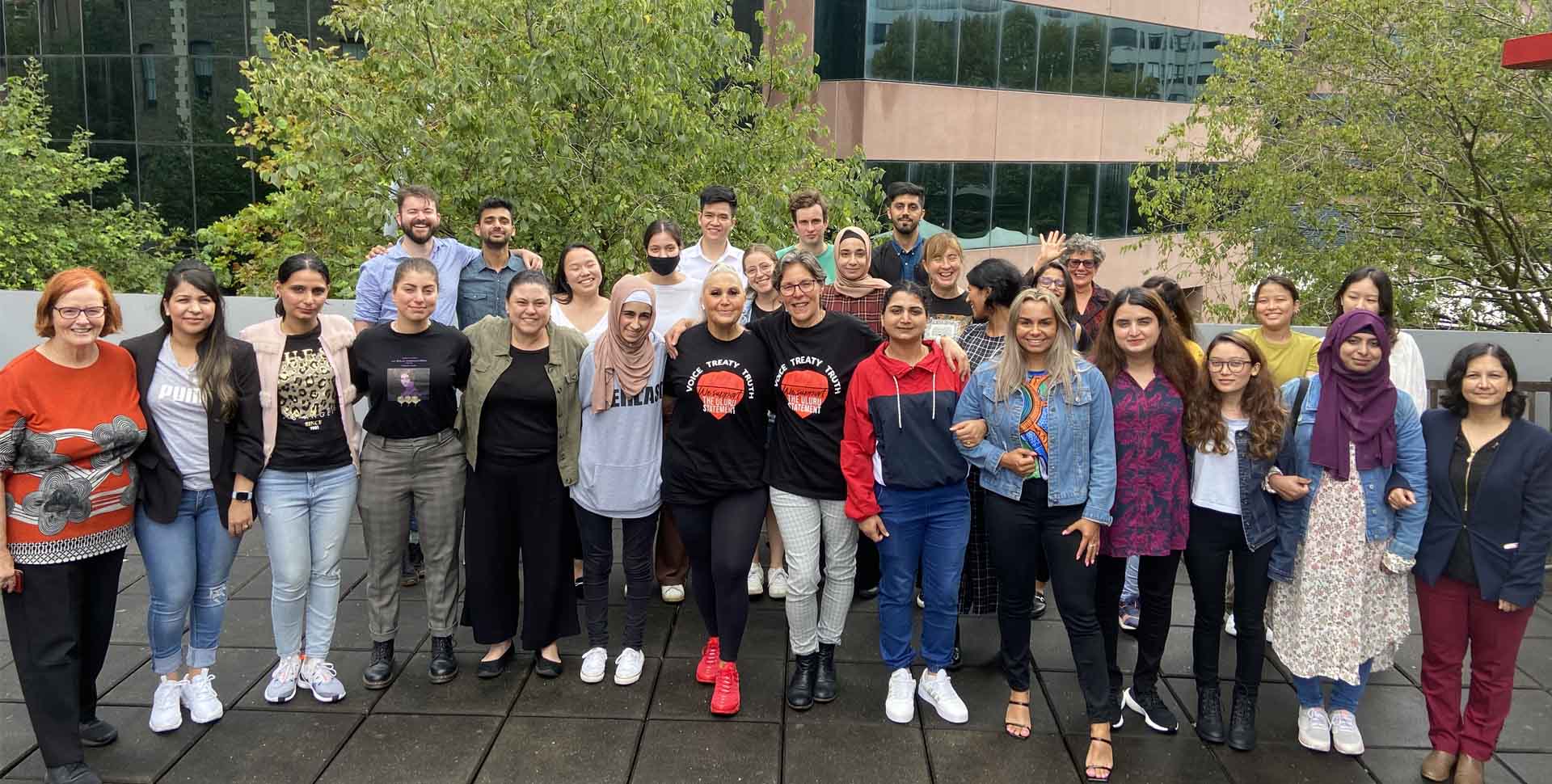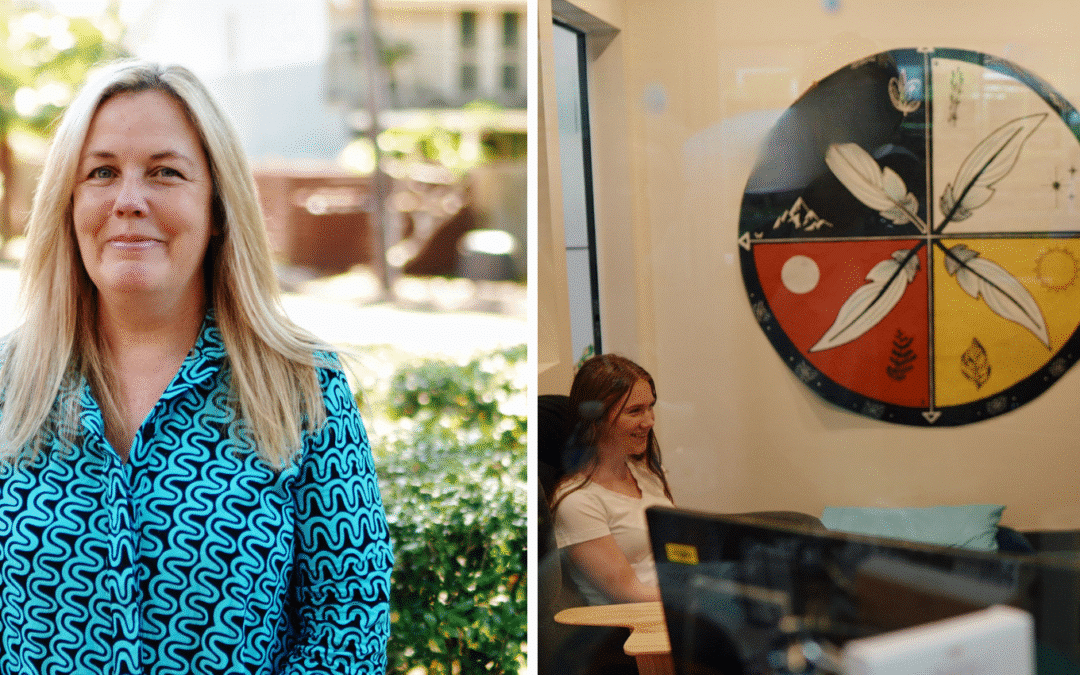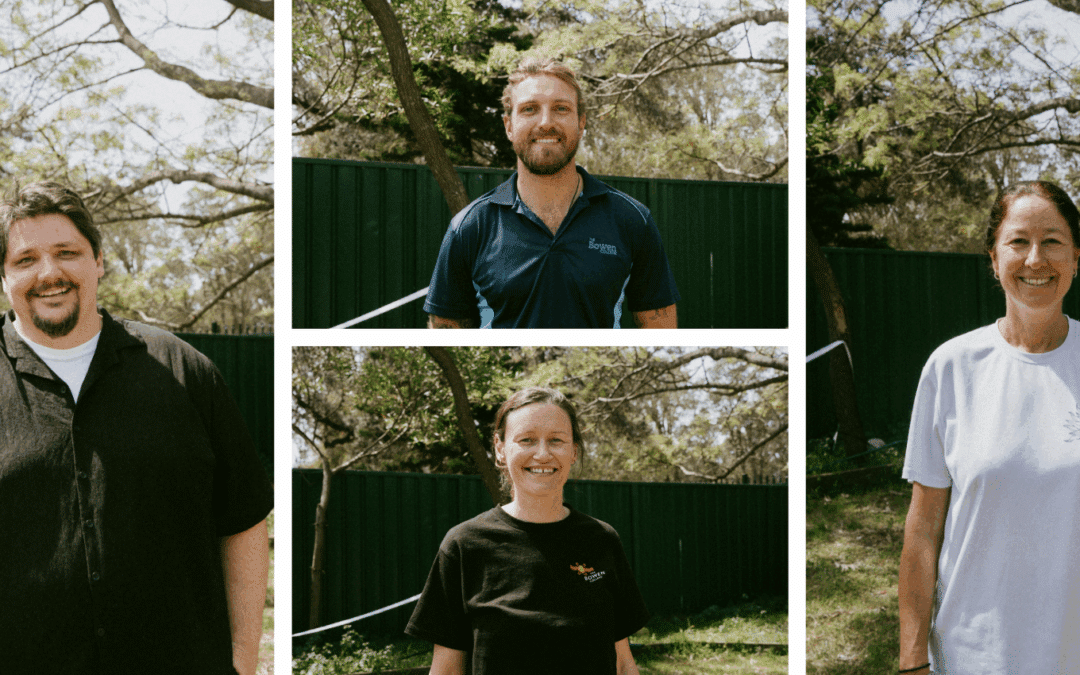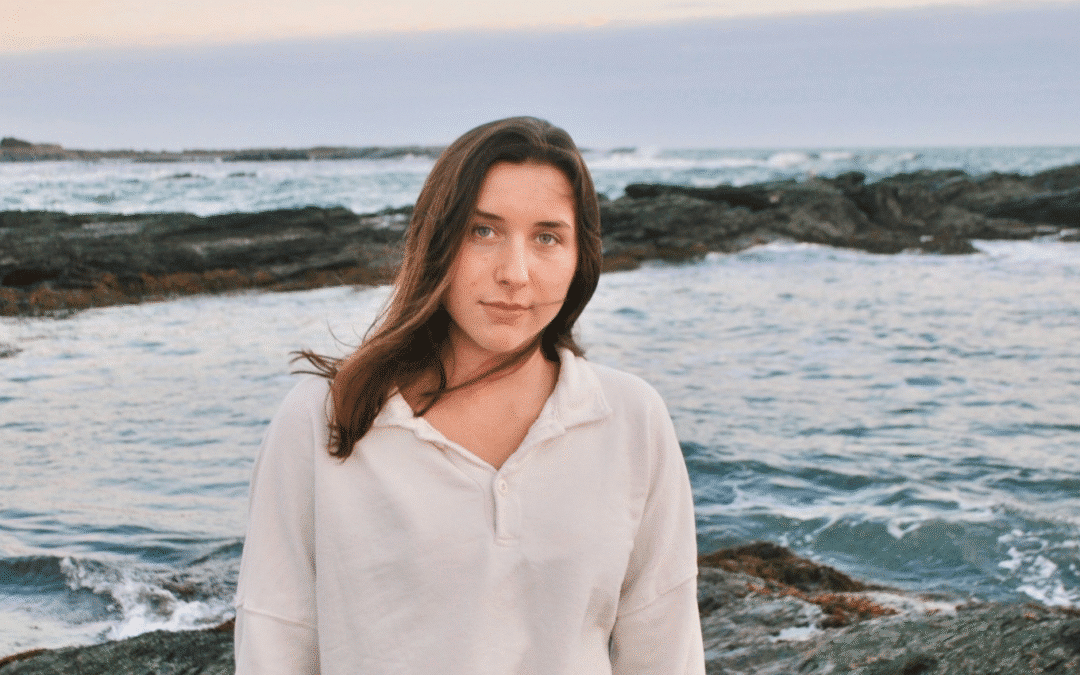This National Reconciliation Week, we spoke with Jacqui Parker who – alongside Cultural Development Manager Nicole Laupepa – started the Walking Together Project, which gives young people from all cultural backgrounds the tools they need to walk with First Nations Australians in unity.
Explain the Walking Together Project and why you started it.
So many people aren’t aware of or don’t understand the profound impact colonisation has had on those living here for millennia. And for those who do understand, they don’t necessarily know what to do about it.
Education is critical if non-Indigenous Australians are to take effective positive action to ensure the First Nations voice is finally listened to. Once this happens, people become empowered and confident to roll up their sleeves and remove the roadblocks that create such inequality for First Nations people.
Over the past few years, I’ve formed a strong friendship and working relationship with Nicole [Laupepa]. Together we collaborated on the Walking Together workshop. It’s a great interactive session that immerses participants in what it takes to walk together using the Uluru Statement from the Heart as an educational framework.
What is the Uluru Statement from the Heart?
The Uluru Statement is a beautifully written consensus document calling for constitutional recognition. It’s a practical educational tool that offers everyone a clear framework, instruction and guidance on how and why we must walk together to implement positive change and, in so doing, heal the nation as a whole.
What role can young people play in this process?
The Walking Together Project offers young people the opportunity to take the workshop to their communities and be confident in imparting the critical messages required to walk together and take positive action.
Young people have a much greater understanding of the shared history and how the past has negatively impacted the lives of many First Nations people.
What does reconciliation mean to you?
It is not reconciliation – as that is yet to happen. However, ‘conciliation’ is when non-Indigenous Australia finally understands colonisation’s impact on First Nations people. This shared understanding empowers people to acknowledge the effect – through truth-telling – and directs us to take the appropriate action to support and action change so that non-Indigenous and Indigenous Australia can walk together.
When people say ‘truth-telling’, what does that mean?
Truth-telling is an opportunity for Aboriginal and Torres Strait Islander peoples to record evidence about past actions and share their culture, heritage and history with the broader community. However, non-Indigenous Australians need to participate in truth-listening, which is crucial for the ongoing healing and reconciliation in Australia.
The Labor government has committed to supporting the Uluru Statement from the Heart, including an Indigenous Voice to Parliament – why is this necessary to the reconciliation journey?
The Voice to Parliament is a modest request that will ensure that Aboriginal and Torres Strait Islander peoples, their leaders and organisations are at the centre of discussions and consulted about issues and policies that affect them. In the name of decency and respect, a permanent structure enshrined in an updated Constitution must now ensure the First Nations voice is heard and listened to.
Recognition in the Constitution will mark our maturity as a nation.
Why is a treaty important?
The Yolngu concept of a treaty – Makarrata – captures the idea of two parties coming together after a struggle, healing the divisions of the past. It is about acknowledging that something has been done wrong, and it seeks to make things right. Acknowledging wrongdoing is not about accepting blame. Instead, it takes people to a place of acceptance and ultimately genuine compassion.
This year’s National Reconciliation Week theme is ‘Be Brave. Make Change.’ Who needs to make the changes required to achieve reconciliation?
Since their land was first invaded, First Nations peoples have called out for change. Some people listened, but many didn’t. The time has come for non-Indigenous Australians to do the heavy lifting.
To accept the invitation to walk together and take affirmative action, we must now listen and be guided by what we hear. This must happen on both an individual and societal level.
Removing roadblocks that cause disadvantage is not just the job of the government. Everyone needs to take ownership of the policies and interventions that negatively impact First Nations peoples.
It’s all there in the Uluru Statement from the Heart, including an invitation to walk together.
If you’re interested in learning more about the Walking Together Project, please email walkingtogether@youthoffthestreets.com.au.



